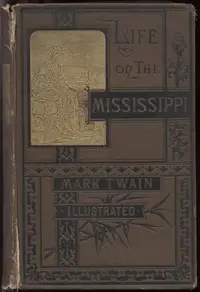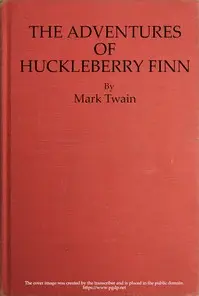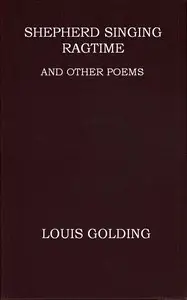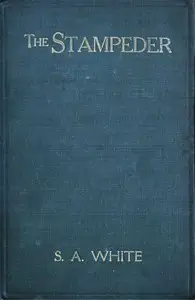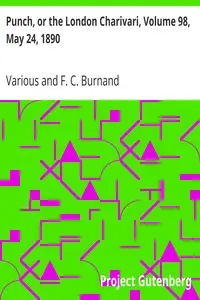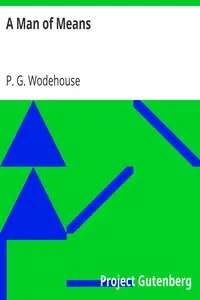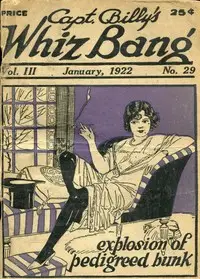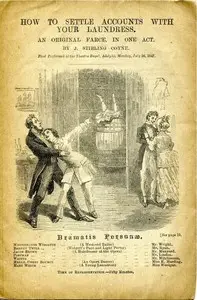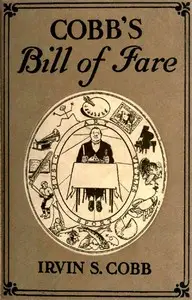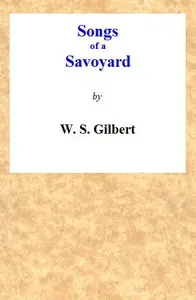"Eve's Diary, Part 2" by Mark Twain is a satirical literary work written in the early 20th century. This piece serves as a continuation of the exploration of human relationships and the inner life of Eve, who reflects on her experiences in the Garden of Eden. The book blends elements of humor and philosophical musings, focusing on themes of companionship, love, and the challenges of understanding between genders. In this segment of Eve's thoughts, she expresses her affection and longing for companionship, particularly towards Adam, whom she perceives as emotionally distant and uninterested in the beauty that surrounds them. Throughout her reflections, Eve grapples with her discoveries, including the creation of fire, which symbolizes both beauty and utility. Her observations reveal her inner conflicts, ranging from joy in creation to the painful awareness of loneliness and fear, both for herself and for Adam's reckless pursuits. Ultimately, Eve's account highlights the complexities of emotional connection, the significance of beauty, and the introduction of fear into her previously blissful existence. (This is an automatically generated summary.)
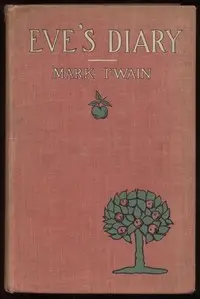
Eve's Diary, Part 2
By Mark Twain
"Eve's Diary, Part 2" by Mark Twain is a satirical literary work written in the early 20th century. This piece serves as a continuation of the explora...
Samuel Langhorne Clemens, known by the pen name Mark Twain, was an American writer, humorist, and essayist. He was praised as the "greatest humorist the United States has produced," with William Faulkner calling him "the father of American literature." Twain's novels include The Adventures of Tom Sawyer (1876) and its sequel, Adventures of Huckleberry Finn (1884), with the latter often called the "Great American Novel." He also wrote A Connecticut Yankee in King Arthur's Court (1889) and Pudd'nhead Wilson (1894) and cowrote The Gilded Age: A Tale of Today (1873) with Charles Dudley Warner.



